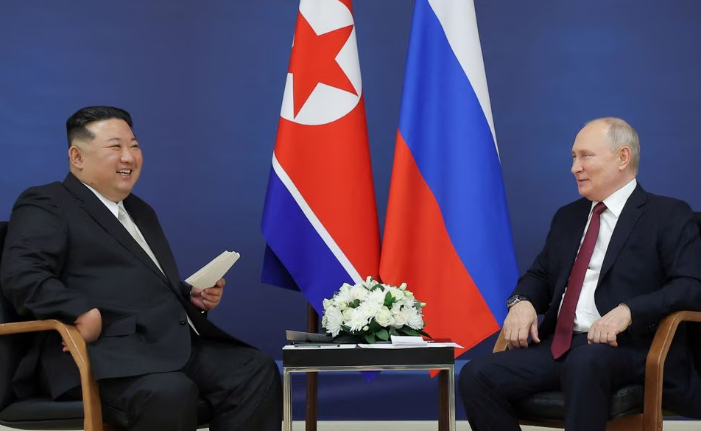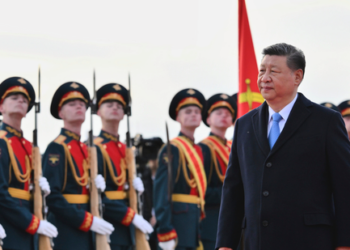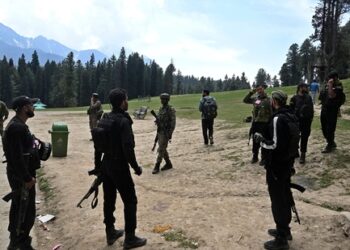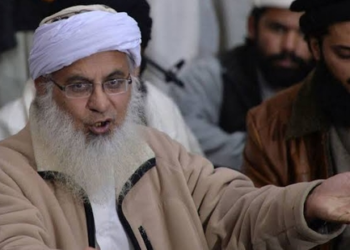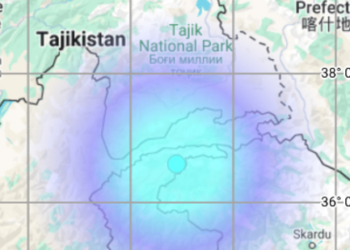The recent diplomatic display between Russian President Vladimir Putin and North Korean leader Kim Jong-un carries multifaceted implications for the international stage, challenging the prevailing U.S.-led global order while avoiding undue dependence on China. Analysts suggest that this strategic alliance aims to exert additional pressure on adversaries in Ukraine and South Korea.
According to experts, this summit signifies a bid to claim success in challenging the existing international order, especially considering the delicate balance of power in the current geopolitical landscape. It serves as a message that major international agencies could be rendered ineffectual if parties openly flout U.N. Security Council resolutions, thereby setting a precedent that may be adopted by various global actors.
Andrei Lankov, a Korea expert at Seoul’s Kookmin University, opines that discussions surrounding violations of U.N. Security Council resolutions regarding North Korea could lead to paralysis within major international organizations.
Lankov further emphasizes that this summit effectively signals the death of Security Council resolutions concerning North Korea and any efforts to curtail or penalize the nation for its nuclear program. Such developments imply that nations may increasingly choose to ignore or bypass U.N. resolutions that they find objectionable.
The Ukraine factor also looms large in this strategic alliance. While Russia may be cautious about providing advanced technology to North Korea due to concerns over the potential loss of control, its overt signalling of defence cooperation serves to deter South Korea from directly offering military assistance to Ukraine. South Korea has thus far provided non-lethal aid to Ukraine, sold significant quantities of weapons to neighbouring Poland, and supplied artillery shells to the United States.
Mason Richey, a professor at Hankuk University of Foreign Studies in Seoul, underscores the challenges inherent in long-term cooperation among dictatorial regimes. While the alignment of Russia, North Korea, and China against perceived threats from the United States may be strategically compelling, the inherent trust deficits among autocratic leaders could hinder the formation of a durable and cohesive alliance.
The Putin-Kim summit, therefore, carries significant implications for international dynamics and the effectiveness of global organizations in addressing security concerns, while also showcasing the complex web of relations and strategic considerations among major powers.


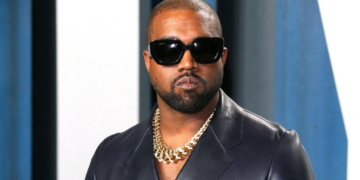




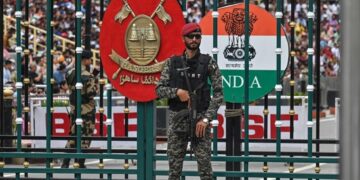
 India
India
